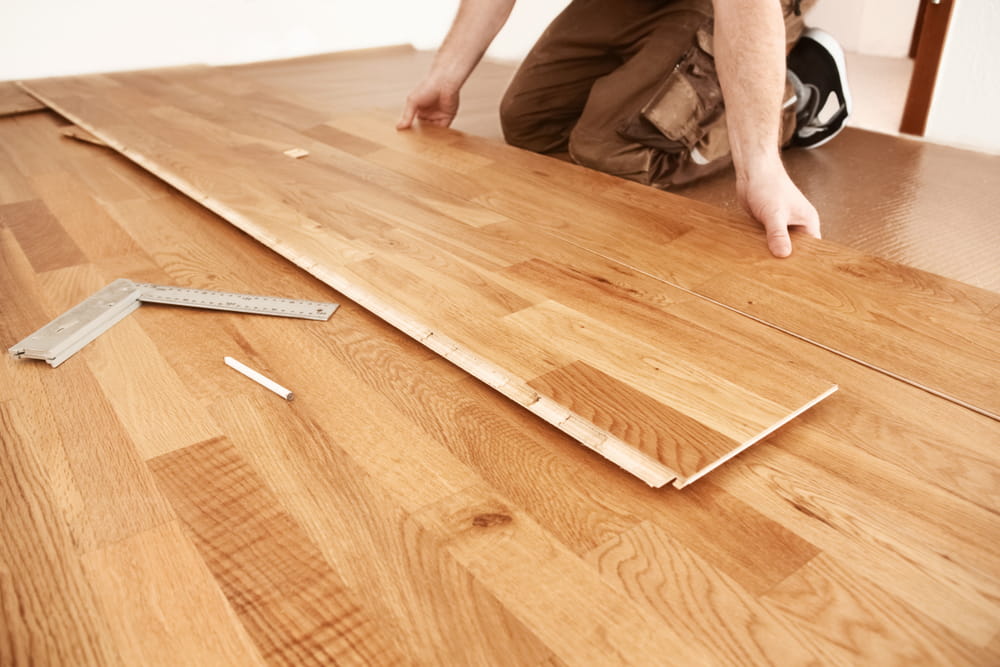Did you know that engineered hardwood flooring was originally intended for installation on the main floor or over concrete in basements? But because of their durability, beautiful aesthetic, and high tolerance to moisture, engineered hardwood flooring in Calgary quickly gained popularity for many uses, including enhancing commercial spaces and installation in virtually all rooms in a house.
If you’re considering engineered hardwood flooring for your home or commercial space, you might be wondering what it is, how it differs from solid hardwood flooring, and when to use it. Without further ado, here’s everything you need to know about engineered hardwood.
What is engineered hardwood?
Unlike solid hardwood planks that are made from wood cut from a single tree, engineered hardwood is manufactured from layers of both hardwood and plywood. Each layer is positioned in a different direction, which prevents it from warping and bowing, which is the main issue of hardwood flooring.
With a plywood core, the construction of engineered hardwood flooring allows for installation in virtually any area of the home, including basements and kitchens where moisture is common. Because engineered hardwood is made of both hardwood and plywood, it still exudes the warmth, durability, and beauty of solid hardwood at a more affordable price.
When to use engineered hardwood
As detailed above, engineered hardwood flooring can be used in virtually any space, but there are certain instances where it makes the most sense. For example:
- When you need a flooring that transitions into all rooms – You wouldn’t use carpet or solid hardwood flooring in the kitchen or bathroom, which is why engineered hardwood is ideal for the main floor of a house. In homes with solid hardwood, you’ll typically find the kitchen and bathroom with tiles. With engineered hardwood, the result is beautiful flooring that transitions seamlessly, creating a uniform look throughout the space.
- When you want the beauty of hardwood at a more affordable price – One of the biggest advantages of engineered hardwood is that it has a solid hardwood layer, which gives it the warmth and luxury quality that solid hardwood is known for. However, solid hardwood can be quite expensive to install. The engineered version is more cost-effective without compromising on the look and quality.
- When you want to increase the value of your home – While laminate and vinyl flooring are viable options, they don’t quite add the same value to your home as hardwood – whether it’s the solid or engineered type. If you’re planning to sell your home in the future, having hardwood floors is a desirable feature for potential homebuyers.
Of course, there are other flooring options that match your budget and needs. A flooring specialist can give you their expert recommendation on the right product that will give you the look you have in mind.

































